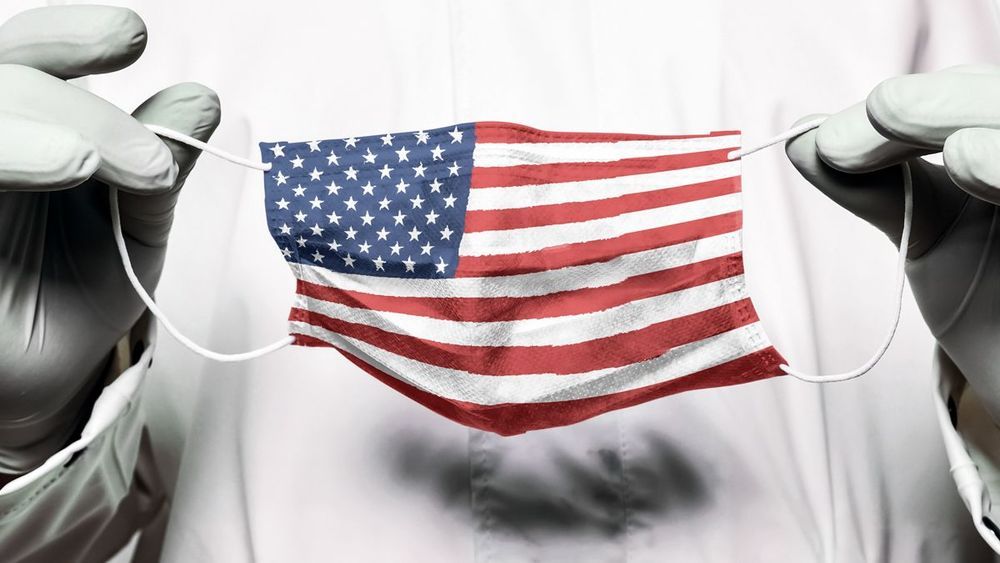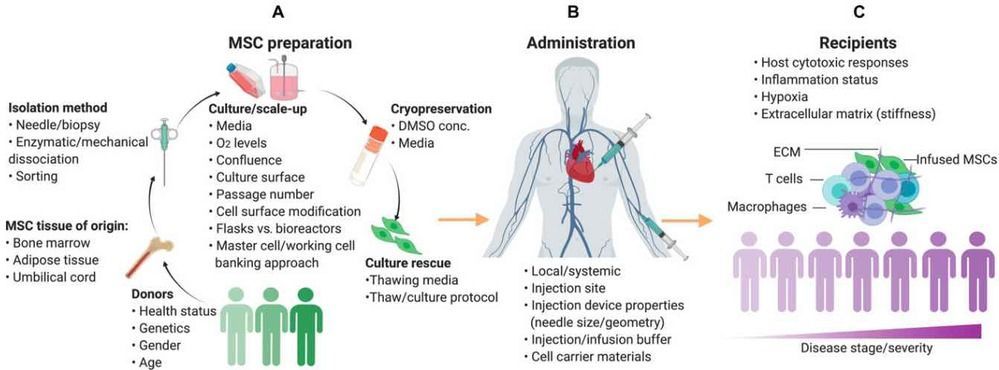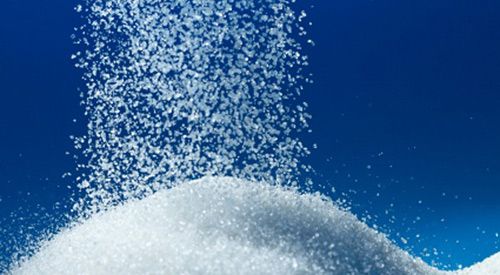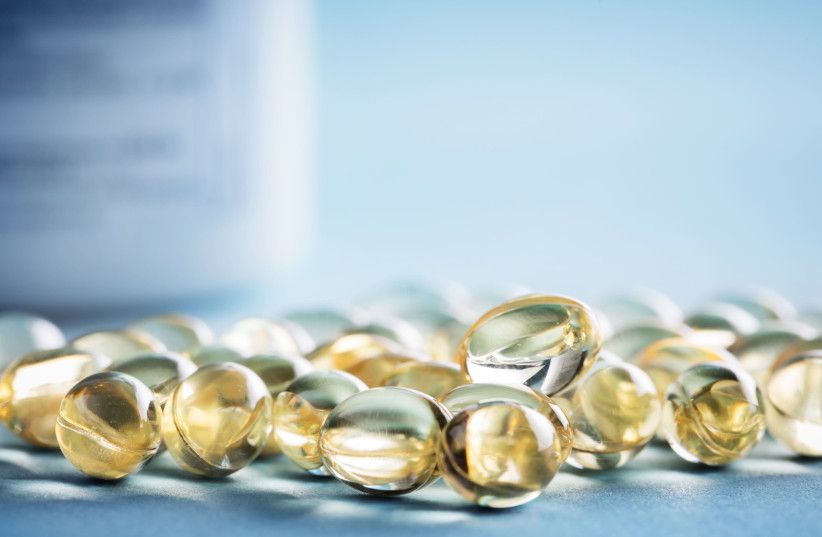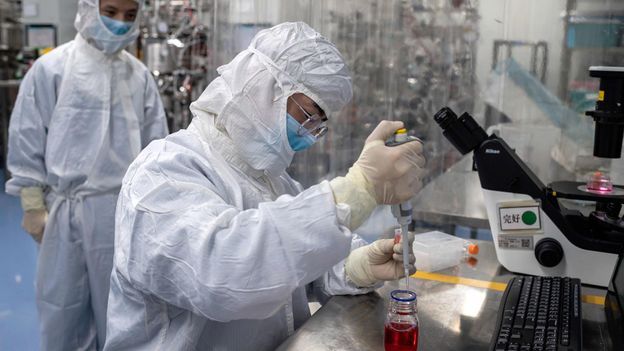Archive for the ‘biotech/medical’ category: Page 1584
Jul 26, 2020
The Coronavirus Eviction Crisis
Posted by TJ Yoo in categories: biotech/medical, business, government

With the coronavirus raging across the world and the United States, I would to talk about one particular issue that is currently and will wreck havoc on the US: evictions due to the coronavirus and coronavirus-related unemployment.
Update: Turns out the federal government did have an eviction moratorium in the past. However, it ended a few days ago. Luckily, however, many in the government are thinking about extending the moratorium.
Jul 26, 2020
New Photonic Crystal Light Converter: Powerful Tool for Observation in Physics and Life Sciences
Posted by Genevieve Klien in categories: biotech/medical, chemistry, nanotechnology
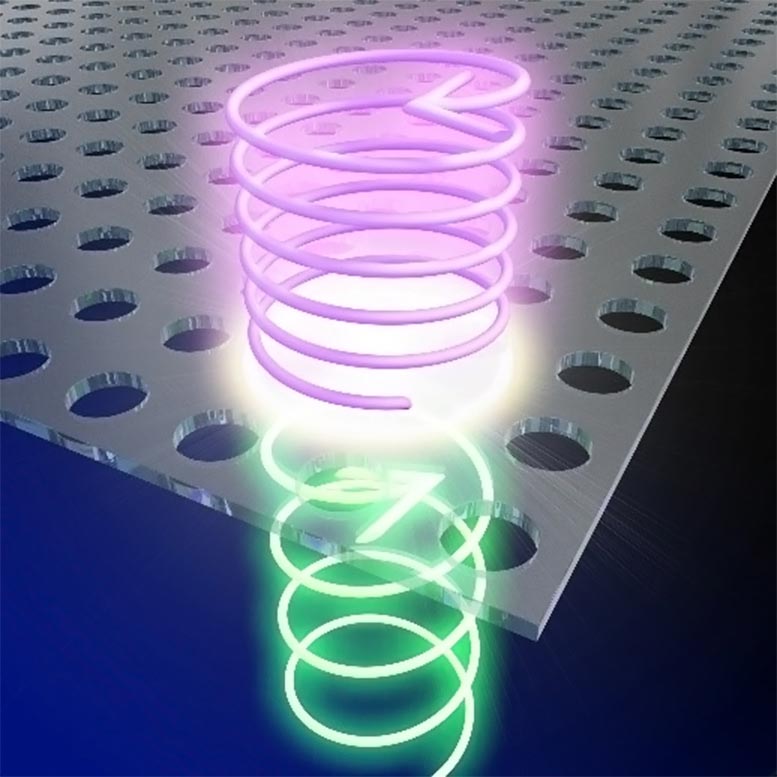
Spectroscopy is the use of light to analyze physical objects and biological samples. Different kinds of light can provide different kinds of information. Vacuum ultraviolet light is useful as it can aid people in a broad range of research fields, but generation of that light has been difficult and expensive. Researchers created a new device to efficiently generate this special kind of light using an ultrathin film with nanoscale perforations.
The wavelengths of light you see with your eyes constitute a mere fraction of the possible wavelengths of light that exist. There’s infrared light which you can feel in the form of heat, or see if you happen to be a snake, that has a longer wavelength than visible light. At the opposite end is ultraviolet (UV) light which you can use to produce vitamin D in your skin, or see if you happen to be a bee. These and other forms of light have many uses in science.
Jul 26, 2020
Novel Drug Delivery Particles Use Neurotransmitters as a ‘Passport’ Into the Brain
Posted by Genevieve Klien in categories: bioengineering, biotech/medical, nanotechnology, neuroscience
Summary: Tufts researchers have developed neurotransmitter-lipid hybrids that help transport therapeutic drugs and gene editing proteins across the blood-brain barrier in mice.
Source: Tufts University
Biomedical engineers at the Tufts University School of Engineering have developed tiny lipid-based nanoparticles that incorporate neurotranmitters to help carry drugs, large molecules, and even gene editing proteins across the blood-brain barrier and into the brain in mice. The innovation, published today in Science Advances, could overcome many of the current limitations encountered in delivering therapeutics into the central nervous system, and opens up the possibility of using a wide range of therapeutics that would otherwise not have access to the brain.
Jul 26, 2020
Weekly reads: FDA news, goosebump stem cells, MSCs, autophagy
Posted by Lon Anderson in categories: biotech/medical, life extension
Ready for the latest recommended weekly reads in the world of stem cells and the regenerative medicine space including a bunch of important new FDA posts & changes?
This post has quite a lot on the FDA since it had a very big week with several new items of major importance to the cellular and regenerative medicine arena. I’ve linked to each announcement below with the agency’s title of the announcements. Underneath I provide some analysis and ask questions.
I’ve also included some other stem cell news and exciting papers too as usual, which I’ll start with here.
Jul 26, 2020
Moderna gets further $472 million U.S. award for coronavirus vaccine development
Posted by Omuterema Akhahenda in categories: biotech/medical, government
(Reuters) — Moderna Inc said on Sunday it has received an additional $472 million from the U.S. government’s Biomedical Advanced Research and Development Authority (BARDA) to support development of its novel coronavirus vaccine.
Jul 26, 2020
Reducing Sugar Uptake Increased Cancer Cells’ Sensitivity to Chemotherapy
Posted by Omuterema Akhahenda in categories: biotech/medical, health
People often talk about sugar intake and health 🤔
Researchers have successfully increased cancer cells’ sensitivity to chemotherapy to prevent glucose from entering the cancer cell.
Researchers at Lund University in Sweden have successfully increased cancer cells’ sensitivity to chemotherapy by preventing sugar uptake. Their study, “Targeting Glut1 In Acute Myeloid Leukemia To Overcome Cytarabine Resistance,” is published in Haematologica.
Continue reading “Reducing Sugar Uptake Increased Cancer Cells’ Sensitivity to Chemotherapy” »
Jul 26, 2020
Insufficient vitamin D increases risk of severe COVID-19, says new study
Posted by Omuterema Akhahenda in category: biotech/medical
Low levels of vitamin D may put people at risk for developing COVID-19, a new study by לאומית שירותי בריאות and the Azrieli Faculty of Medicine of Bar-Ilan University.
Vitamin D has long been understood to impact immune response. According to Dr. Milana Frenkel-Morgenstern, leader of the Azrieli Faculty of Medicine research group, as much as 70% of the adult population worldwide is vitamin D insufficient or deficient.
The Leumit and Bar-Ilan scientists analyzed if the risk of developing COVID-19 or becoming hospitalized because of it increases for people who have a low level of vitamin D.
Continue reading “Insufficient vitamin D increases risk of severe COVID-19, says new study” »
Jul 25, 2020
North Korea declares state of emergency due to a suspected COVID-19 case
Posted by Quinn Sena in category: biotech/medical
North Korea declared a state of emergency on Sunday after one person in the country was suspected of being positive for COVID-19.
On Sunday, local time, state news agency KCNA reported North Korean leader Kim Jong Un  Kim Jong UnNorth Korea declares state of emergency due to a suspected COVID-19 case Pompeo downplays chance of summit with North Korea this year Juan Williams: Trump’s silence on Russian bounties betrays America MORE convened an emergency politburo meeting after a person who defected to South Korea three years ago was “suspected to have been infected with the vicious virus.” The person is reported have returned to the North Korean border city of Kaesong, Reuters reported.
Kim Jong UnNorth Korea declares state of emergency due to a suspected COVID-19 case Pompeo downplays chance of summit with North Korea this year Juan Williams: Trump’s silence on Russian bounties betrays America MORE convened an emergency politburo meeting after a person who defected to South Korea three years ago was “suspected to have been infected with the vicious virus.” The person is reported have returned to the North Korean border city of Kaesong, Reuters reported.
Kim declared a state of emergency and imposed a lockdown in Kaesong, reportedly calling it a “critical situation in which the vicious virus could be said to have entered the country.”
Jul 25, 2020
The people with hidden immunity against Covid-19
Posted by Omuterema Akhahenda in categories: biotech/medical, neuroscience
The clues have been mounting for a while. First, scientists discovered patients who had recovered from infection with Covid-19, but mysteriously didn’t have any antibodies against it. Next it emerged that this might be the case for a significant number of people. Then came the finding that many of those who do develop antibodies seem to lose them again after just a few months.
In short, though antibodies have proved invaluable for tracking the spread of the pandemic, they might not have the leading role in immunity that we once thought. If we are going to acquire long-term protection, it looks increasingly like it might have to come from somewhere else.
But while the world has been preoccupied with antibodies, researchers have started to realise that there might be another form of immunity – one which, in some cases, has been lurking undetected in the body for years. An enigmatic type of white blood cell is gaining prominence. And though it hasn’t previously featured heavily in the public consciousness, it may well prove to be crucial in our fight against Covid-19. This could be the T cell’s big moment.
Continue reading “The people with hidden immunity against Covid-19” »
